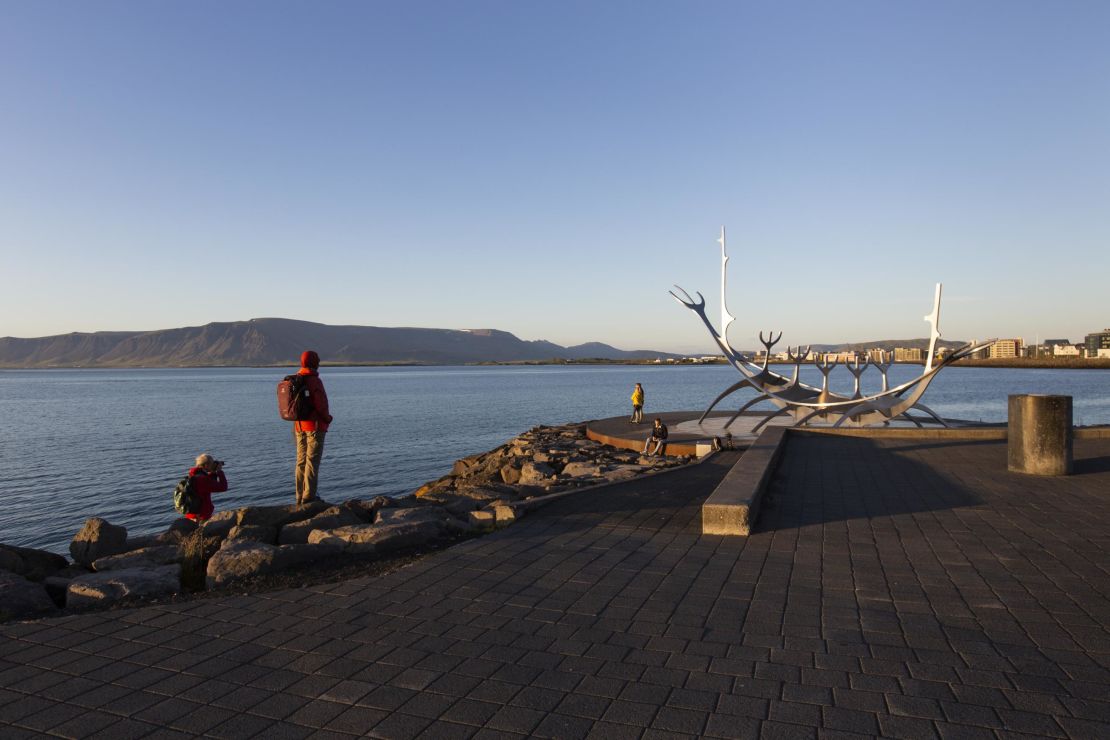Travelers hoping to enter Iceland will be able to do so without going into quarantine or taking a test if they have already contracted and recovered from coronavirus.
From December 10, those entering the country will be exempt from mandatory Covid-19 quarantine and screening requirements if they can provide proof of prior infection, according to the country’s Directorate of Health.
Current rules require all travelers arriving in Iceland from Covid-19 risk areas to undergo 14 days of quarantine or take two Covid-19 screenings tests, separated by five days’ quarantine until the results of the second test are known. The border screening tests are temporarily free of charge from Tuesday until January 31. All countries are currently considered risk areas.

Travelers will only be exempt from border measures if they can provide proof of prior infection in the form of documented results from a laboratory within the European Economic Area/ European Free Trade Association area or a confirmation from the chief epidemiologist in Iceland, a spokesperson for Iceland’s Ministry for Foreign Affairs told CNN in an email. Clinical diagnoses are not deemed valid, they added.
Iceland has been praised for its handling of the crisis following an initial spike in cases in February. After a rigorous regime of tracking and tracing, the country reopened its borders on June 15.

In November, the country staged a “cautious relaxation” of some restrictions on gatherings, allowing leisure, youth and sporting activities for schoolchildren.
Gatherings in the country are restricted to 10 people. A maximum of 50 people can enter smaller pharmacies and food shops at any one time, rising to a maximum of 100 for larger stores.
Restaurants may not remain open after 9 p.m. and bars and nightclubs are closed, along with pubs, entertainment venues, arcades, swimming pools and gyms.
There have been 5,413 reported cases of coronavirus in Iceland, and 27 deaths, according to figures from Johns Hopkins University.
CNN’s Inga Thordar contributed reporting.



